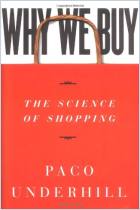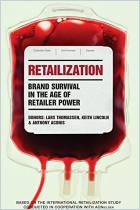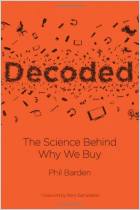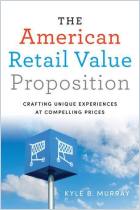Shopper marketing is a rapidly growing concept in sales promotion, but how can you put it to work? Marketing consultants and editors Markus Ståhlberg and Ville Maila, and 35 other shopper-marketing experts, offer almost three dozen essays that detail how this tactic works, outline its benefits and explain how to implement it. getAbstract strongly recommends this definitive shopper-marketing resource. Its mix of savvy insights and suggestions from those on the front lines of retailing will appeal to product and brand managers, packaging experts, display designers, merchandising specialists, retail and manufacturing marketing and sales executives, as well as students of marketing, merchandising and selling.
The New Emphasis on Shopper Marketing
Shopper marketing, Wikipedia says, means “understanding how one’s target consumers behave as shoppers, in different channels and formats, and leveraging this intelligence to the benefit of all stakeholders, defined as brands, consumers, retailers and shoppers.” It is also called “marketing at retail,” as well as “first moment of truth marketing, red zone, category management or collaborative marketing.” Whatever you call it, shopper marketing is the new rubric for engaging buyers, catering to the attitudes they bring into the store and creating interactive shopping experiences for them.
Such retail marketing, which includes point-of-purchase promotion, is expanding more rapidly than internet advertising. That’s somewhat ironic, in that the internet is the very information source that enables such extremely specific consumer targeting. The web makes remarkably comprehensive shopping data available, spurring the rise of shopper marketing. Retailers now have the information to develop valuable insights about their customers. For example, research indicates that at least 20% of shoppers make their brand selections at the store. When...
Editors Markus Ståhlberg and Ville Maila are CEO and planning director, respectively, of the Phenomena Group, a large, European shopper-marketing consultancy.





















Comment on this summary